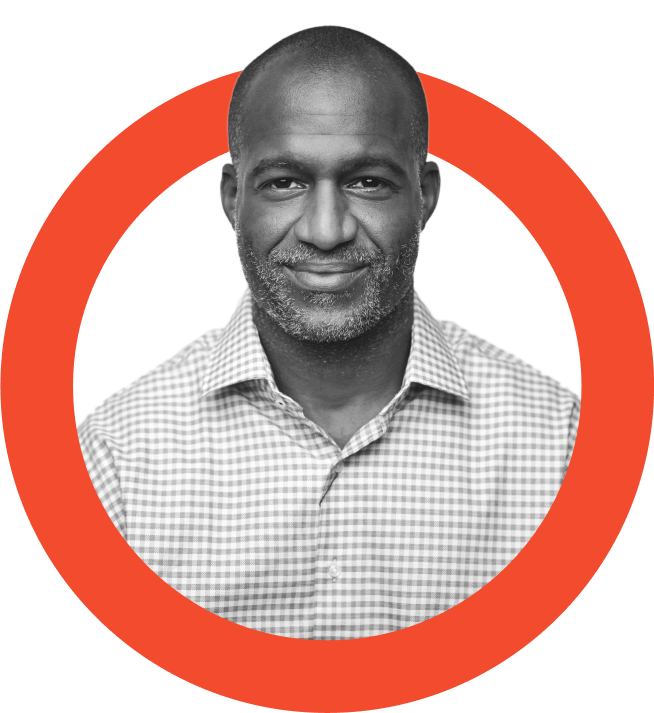Why choose an AJ Tutoring college counselor?
Personalized Guidance
Navigating the college admissions process can be overwhelming, but you don’t have to do it alone. We provide personalized college admission counseling tailored to your unique strengths and aspirations. An experienced college counselor can offer expert advice and support every step of the way.
Comprehensive Support
From selecting the right colleges to crafting compelling personal statements, our comprehensive college counseling services cover all aspects of the application process. Our college counselors help you build a strong application portfolio highlighting your achievements, skills, and potential.
Expertise and Experience
Our team of college admission counselors brings years of expertise and a deep understanding of the admissions landscape. We stay up-to-date with the latest trends and requirements to provide you with the most relevant and effective guidance. Trust us to help you achieve your college dreams.
Strategic Planning
Strategic planning is key to a successful college application. We work with you to develop a personalized college admissions strategy that aligns with your academic and career goals. From course selection to extracurricular activities, we ensure your application showcases your best self.


